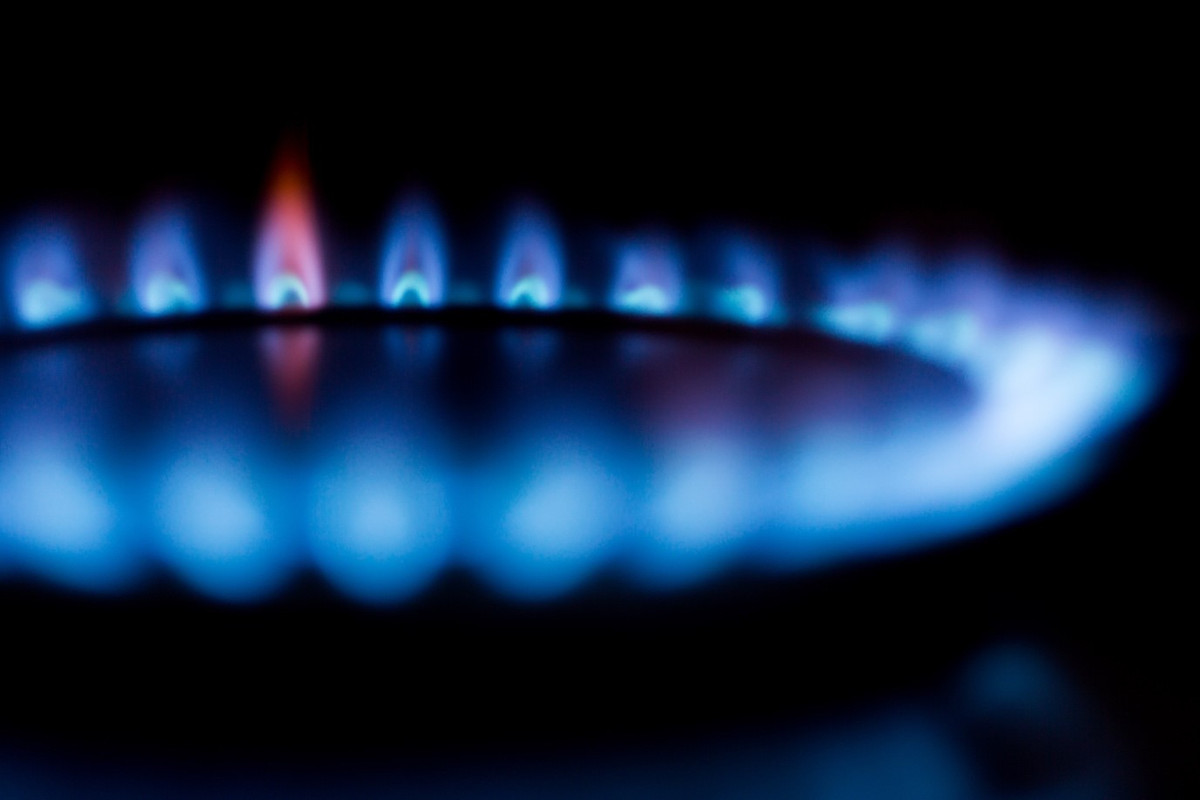How to Detect a Gas Leak Source

How to Detect a Gas Leak
Source
In order to protect your family, colleagues and
yourself, itís vital to know how to detect a gas leak. This advice extends from
the home, to work, or anywhere youíll be spending prolonged periods of time,
especially indoors.
Gas poisoning caused by an undetected gas leak
can cause symptoms such as headaches, dizziness, fatigue, loss of
consciousness, suffocation and eventually death.
This will all depend on the type of gas, the
size of the leak and many other health-related factors, but the dangers remain
equally undesirable.
To avoid these symptoms ever occurring, gas detectors can be bought and installed in many shapes and sizes. Some come in portable,
handheld designs, while permanent detectors can be fitted to your home or
office like a smoke alarm.
Of course, gas detectors are just one method of
doing so. This blog will discuss a range of ways to detect a gas leak, plus,
weíll offer a range of products if youíre in the market for more reassurance.
Use Your Senses
If you sense that something isnít quite right
in a place that you often inhabit, trust yourself Ė it often isnít.
This includes gas leaks, as detected by our
sense of smell, hearing, and even sight.
While many gases are hard to detect due to
their transparency and lack of scent, there are ways around this. Many gas
suppliers add a foul smell to their gas to make it easily detectable. If you
smell something akin to rotten eggs in your house for no apparent reason, itís
normal to suspect a gas leak has occurred.
If youíre close enough, you may be able to hear
a gas leak coming from somewhere like your stove or heating system, giving you
a sure sign that something is wrong.
If you suspect a leak, try the soapy water test:
cover the suspected source with a solution of detergent and water and check if
more bubbles are appearing. If they are, this would indicate the release of
unwanted gas and should be checked by a professional immediately.
Alarmingly High
Gas Bills
Depending on your situation, itís relatively
normal to receive a gas bill thatís slightly higher than usual. Some
jurisdictions in Australia dictate that suppliers are not permitted to change
their rates more than once every three or four months.
However, if you canít put the sudden increase
in your gas bill down to higher usage or a price increase, you may have suffered
a leak. Be aware, a gas leak would likely raise the price by hundreds of
dollars a month, but itís always better to be cautious with such a safety
risk.
If you suspect your gas bill has increased due
to a leak, contact your supplier and have them recommend a course of action.
This will likely involve the services of a professional technician.
Buy a Gas
Detector
TMG has been proudly providing testing
equipment to professionals for almost 20 years, helping them and their clients
to keep safe.
Our gas detectors are no exception Ė we supply
products from quality brands like Honeywell because we value accuracy and
reliability.
A quick search through our website for gas detectors will reveal
several of the best options, each made to suit specific needs.
For at-home detection, the Honeywell GasAlertMicroClip is perfect in
providing quick reassurance. This handheld device has a one-button
operation/calibration function, with a simple screen for easy reading.
For more industrial applications, the Honeywell GasAlertQuattro comes with a
confined space entry kit. The same simple design helps technicians to deliver
fast reassurance with reliable results and the interchangeable rechargeable
battery pack ensures this product is always ready to go.
Need to Know
More?
If your questions havenít quite been answered
here, please get in touch with our friendly team as they are passionate about
keeping you safe from gas leaks.
We
love the opportunity to match the right gas detector with your needs, so let us
know where youíll be using it and we will recommend the perfect product.
Image Credit:
Original Image Source: https://www.pexels.com/photo/close-up-photography-of-stove-fire-195029/
[how-to-detect-a-gas-leak-source]